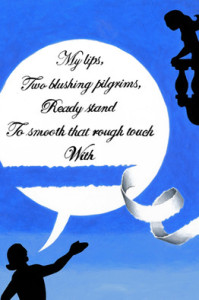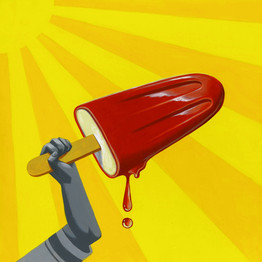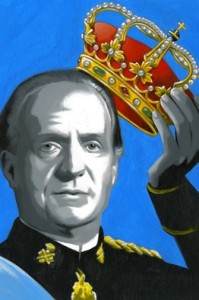Call us a nation of fatties, lard-lovers and super-sized seat-hoggers. But it’s hard to stay lean when the greatest food revolution since the invention of the sandwich is parked enticingly on every street corner.
So excuse me while I hoof it over to the Korilla BBQ food truck to grab my lunchtime Porkinator: a taco filled with pulled pork, bacon, kimchi slaw, shredded cheese and barbecue sauce. Last week we had the Taim Mobile in the neighbourhood offering a kind of Middle-Med falafel fusion. The week before it had been Palenque, a Colombian-themed food truck that had sent out its siren call of beef-stuffed arepas. For us New Yorkers it’s the American dream on a paper plate.
Millions of people eat from food carts and trucks every day. Behind the beef short rib, marmalade-glazed onion and camembert grilled flatbread that I had last Thursday lies one of the key reasons why this country is still a better economic bet than Europe. In a word (well, three words actually): market-driven innovation.















